While Semrush Domain Authority is a go-to metric in digital marketing, its over-reliance can be misleading. This article uncovers how this singular focus can derail strategies. We’ll guide you through the pitfalls of this metric and offer a more comprehensive approach for effective digital marketing planning and adopting a broader strategy for your digital marketing success.
What is Semrush Domain Authority?
Semrush Domain Authority is a benchmark for evaluating a website’s strength and ranking potential on search engines. Simply put, it’s like a grade indicating how well your site will likely perform in search engine results.
Various SEO platforms offer domain authority scores and have become increasingly significant in gauging the value a website offers based on various parameters.
Marketers and SEO professionals often rely on this metric to gauge a website’s ability to rank higher than others. It reflects a site’s credibility and popularity, derived from various factors, including backlinks and overall online presence.
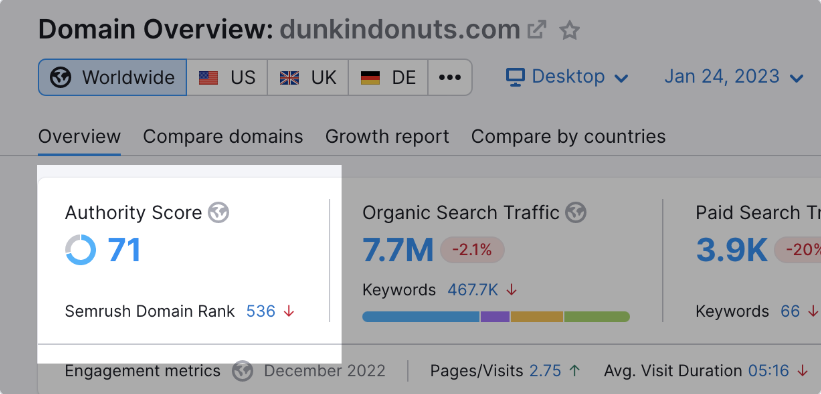
Semrush’s take on Domain Authority is particularly notable in the industry. Their system assesses a website based on comprehensive data, providing a score that is widely respected and utilized for strategic planning.
This score offers insights into where a website stands in terms of SEO strength and guides marketers in optimizing their strategies for better search engine visibility.
How Semrush Calculates It:
- Backlinks: Semrush looks at how many other websites are linking to yours. The more quality links you have, the better your score.
- Website Traffic: It also considers how much traffic your site gets. More traffic usually means a higher score.
- SEO Health: Other factors include the overall SEO health of your site. This means how well your site follows best SEO practices.
Its Intended Use:
- Benchmarking: It’s meant to give you an idea of where your site stands compared to others.
- Guidance: It helps you understand what areas of your SEO strategy might need more work.
Domain authority is not the ultimate measure of your website’s success. This metric, while useful, is just one piece of the SEO puzzle.
A successful SEO strategy involves a blend of factors, including the quality of your content, the relevance of your keywords, and the overall user experience on your site.
Also, don’t be alarmed if you see your domain authority score change occasionally. These fluctuations are a normal part of the ever-changing landscape of the internet and search engine algorithms.
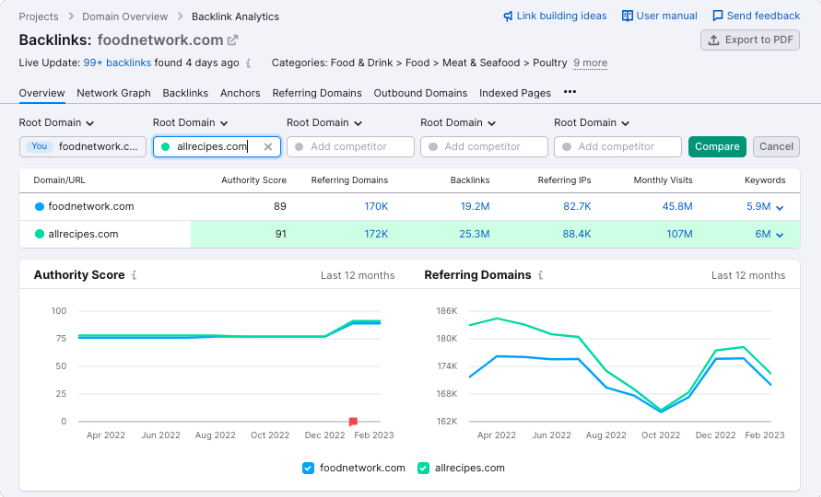
The Pitfalls of Over-Reliance on Domain Authority
Relying too heavily on domain authority in your marketing strategy can be like putting all your eggs in one basket. Let’s break down why this might not always be the best move:
Common Misconceptions About Domain Authority:
- It’s the Ultimate SEO Metric: Domain authority is indeed useful, but it’s not the be-all and end-all of SEO. It’s just one piece of a much larger puzzle.
- High Score Equals High Ranking: A high domain authority score doesn’t guarantee a top spot in search results. There are many other factors at play in SEO.
How Overemphasis on Semrush’s Domain Authority Can Mislead:
- Skewed Focus: Overemphasizing domain authority can lead you to ignore other vital SEO elements, such as content quality, user experience, and keyword relevance.
Chasing the Wrong Goals:
- Putting too much effort into increasing this score might not always translate to better traffic or higher conversions.
- It can lead to neglecting areas that directly impact user engagement and website performance.
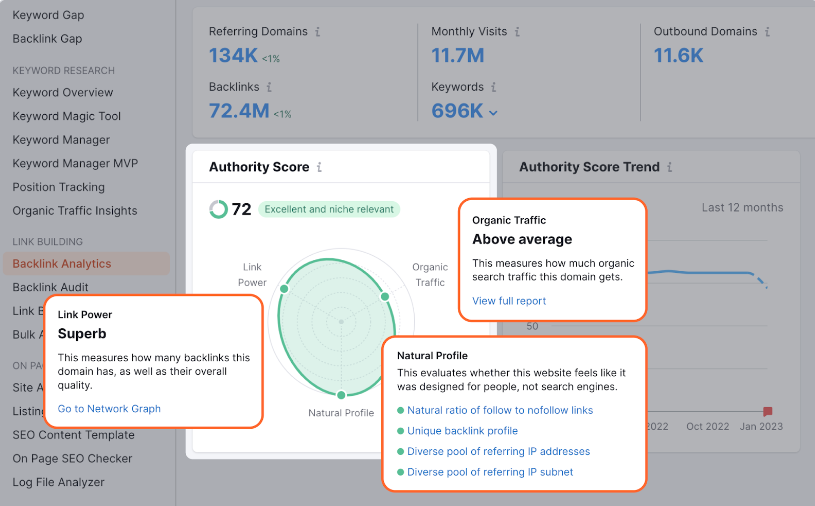
Misinterpreting Competitiveness:
Comparing your domain authority score with competitors can be misleading. It’s not just about who has the higher score but also who has the most relevant and engaging content for the audience.
Risks of Manipulation:
- In pursuing a higher domain authority score, there’s a risk of adopting black-hat SEO techniques, such as purchasing backlinks, which can harm your site in the long run.
- Google’s algorithms are continually evolving to prioritize user experience over metrics like domain authority.
While Semrush’s Domain Authority is a valuable metric, it’s important to maintain a balanced view. It should be one of many tools in your SEO toolkit, not the only one. Always aim for a well-rounded strategy that focuses on various aspects of SEO and digital marketing, ensuring sustainable growth and success.
Beyond Domain Authority: A Holistic View
While domain authority is a valuable metric, it’s essential to adopt a broader perspective for a more comprehensive analysis of your website’s performance. Here’s how you can take a holistic approach:
Alternative Metrics and Approaches:
- Page Authority: Similar to domain authority but focuses on individual pages. It helps you understand the strength of specific content on your site.
- Keyword Rankings: Monitor where your site ranks for key search terms. It’s a direct indicator of your SEO success.
- User Engagement Metrics: Look at how users interact with your site. Metrics like bounce rate, time on site, and pages per session are crucial.
- Site Speed: Faster sites provide better user experiences. Tools like Google’s PageSpeed Insights can help you monitor this.
Integrating Domain Authority with Other Metrics:
- Combining Quantitative and Qualitative Data: Use domain authority alongside user feedback and satisfaction surveys. This gives you both numerical data and real user opinions.
- Balancing Technical SEO and Content Quality: While domain authority leans towards technical SEO, balance it with content quality assessments. Tools like Google Analytics can help track how well your content resonates with the audience.
- Regular Audits: Conduct comprehensive SEO audits that cover a range of metrics. This helps you get a rounded view of your website’s health and performance

By adopting these approaches and integrating domain authority with other metrics, you can develop a more effective and well-rounded digital marketing strategy. It’s all about looking at the bigger picture and understanding that no single metric can define your website’s success.
Strategies to Avoid Domain Authority Traps
Focusing too much on domain authority can lead to a narrow view of SEO success. To avoid falling into this trap, here are some actionable tips:
Diversify Your Metrics:
- Look Beyond Domain Authority: Don’t limit your analysis to just one metric. Consider a variety of factors that contribute to a healthy website.
- Balance with Other SEO Metrics: Include metrics like page speed, user engagement (like bounce rate and session duration), and keyword rankings.
- Regular Website Audits: Conduct comprehensive audits that assess different aspects of your site, from technical SEO to content quality.
Actionable Tips to Consider:
- Content is King: Always prioritize creating high-quality, relevant content over merely trying to boost your domain authority score.
- User Experience Matters: Focus on enhancing the user experience on your site. A user-friendly site naturally improves various SEO metrics.
- Aim for high-quality backlinks rather than a large number of low-quality ones.
Maintaining a Balanced Approach:
- Backlink Quality Over Quantity:Monitor Trends, Not Just Scores: Keep an eye on overall SEO trends and algorithm updates and adapt your strategies accordingly.
- Use Domain Authority as a Guide, Not a Goal: Treat domain authority as one of several guides to inform your SEO strategy, not the end goal.
- Stay Updated: SEO is dynamic, so staying informed about the latest best practices is crucial.
By adopting these strategies, you can ensure a more balanced and effective approach to SEO. Remember, the goal is to build a comprehensive digital presence that appeals to both search engines and real users.
Going Beyond Semrush Domain Authority to Create Result-Oriented Strategies with Flying V Group
While Semrush Domain Authority is a valuable metric, many marketers fail to realize it shouldn’t be the sole focus. SEO can feel overwhelming, especially when maintaining a comprehensive view of various metrics.
This is precisely where expertise becomes invaluable. You need a partner who understands the broader landscape of SEO and can take a 360-degree view of your digital presence.
Flying V Group is equipped with this expertise. Our team crafts tailored strategies beyond domain authority, utilizing various metrics to ensure your SEO strategy is balanced, effective, and aligned with your unique business goals. With us, navigating the complexities of SEO becomes a journey of growth and success.
FAQs
What is domain authority in Semrush?
Domain authority in Semrush is a metric that estimates the likelihood of a website to rank in search engine results, based on various SEO factors.
How do I increase domain authority in Semrush?
Increase domain authority in Semrush by improving backlinks, creating quality content, optimizing SEO practices, and enhancing the overall user experience of your website.
Is 20 domain authority good?
A domain authority of 20 is moderate; it’s a starting point for newer sites. Higher scores generally indicate stronger SEO and greater potential to rank well.
What is domain authority in SEO?
Domain authority in SEO is a score predicting how well a website will rank on search engine results pages, based on its SEO strength and credibility.
What is a good domain authority for backlinks?
A good domain authority for backlinks is typically above 50, indicating a credible and authoritative site which can positively influence your site’s SEO.



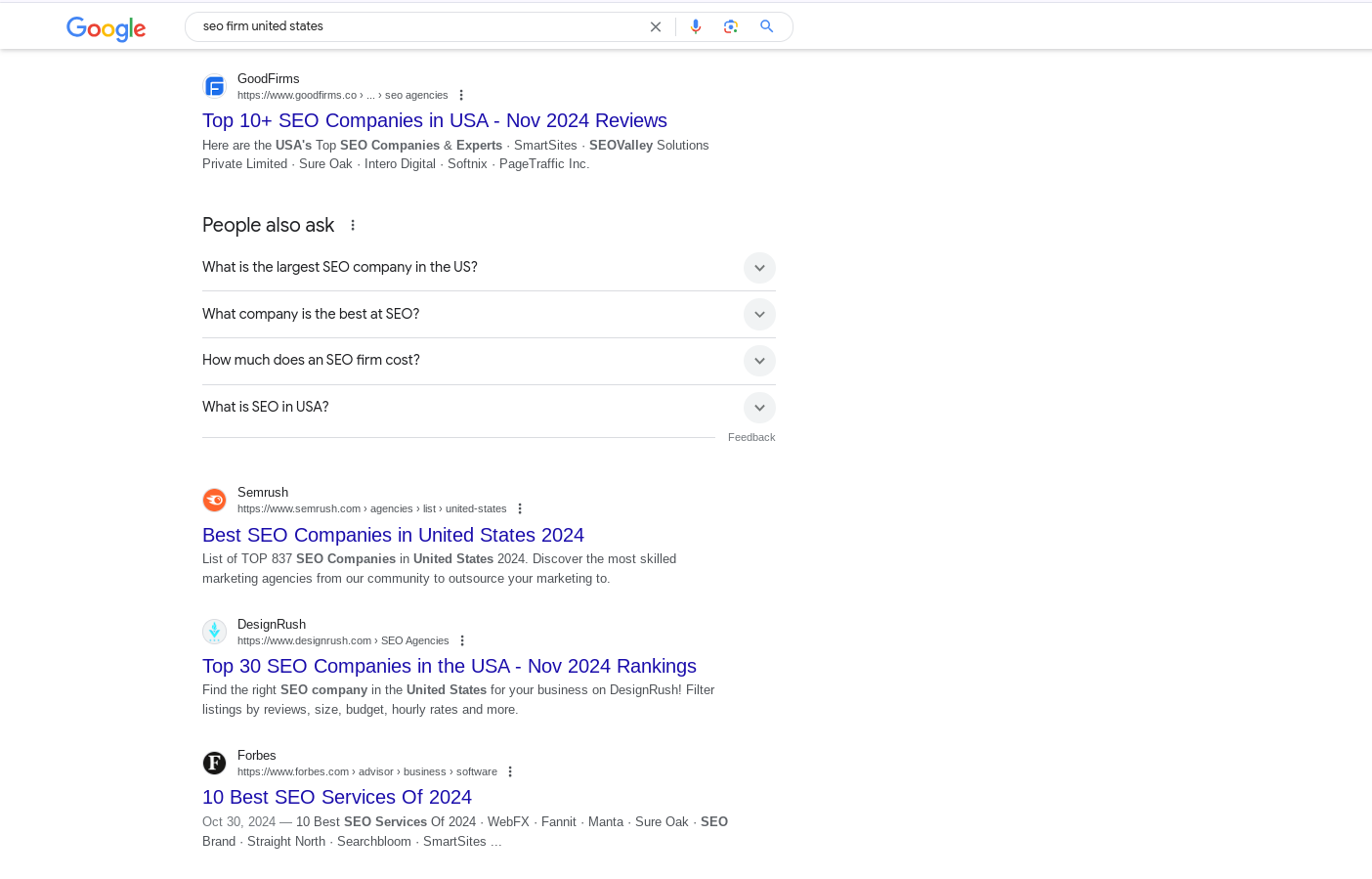
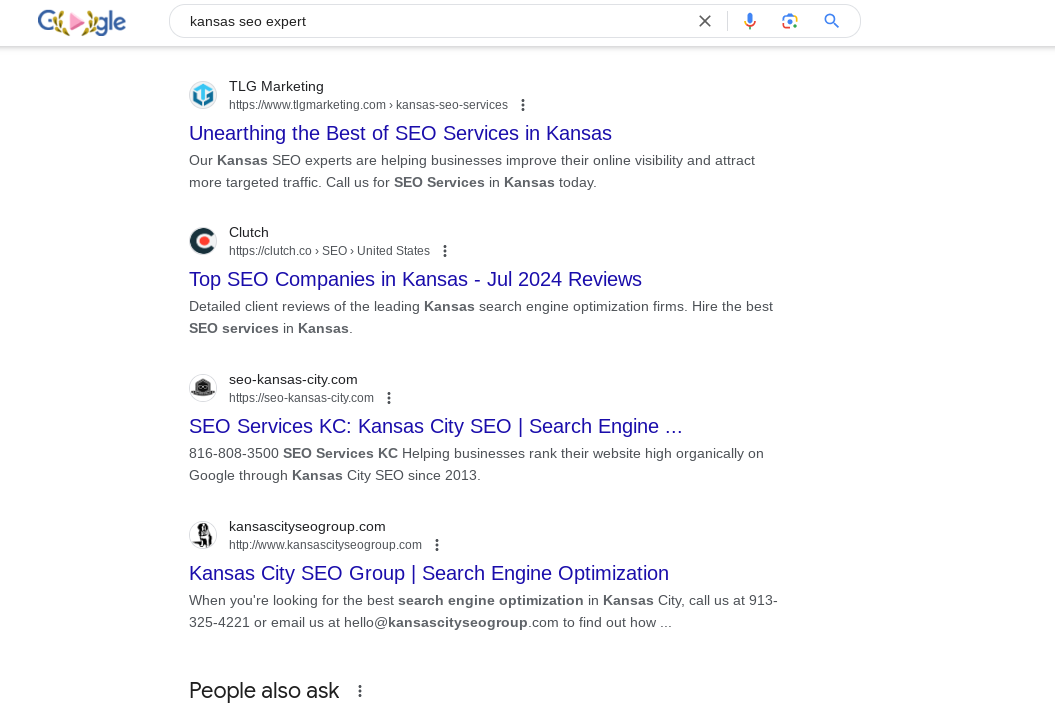
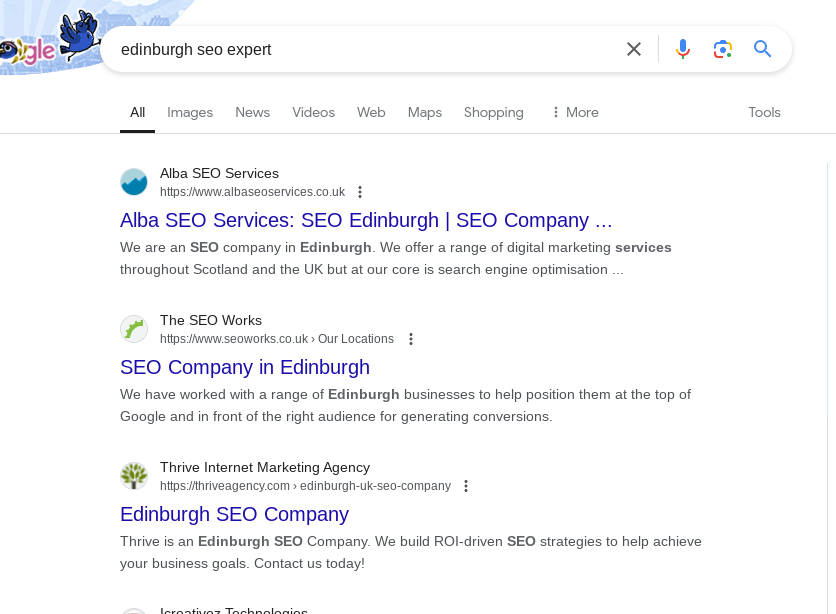
0 Comments